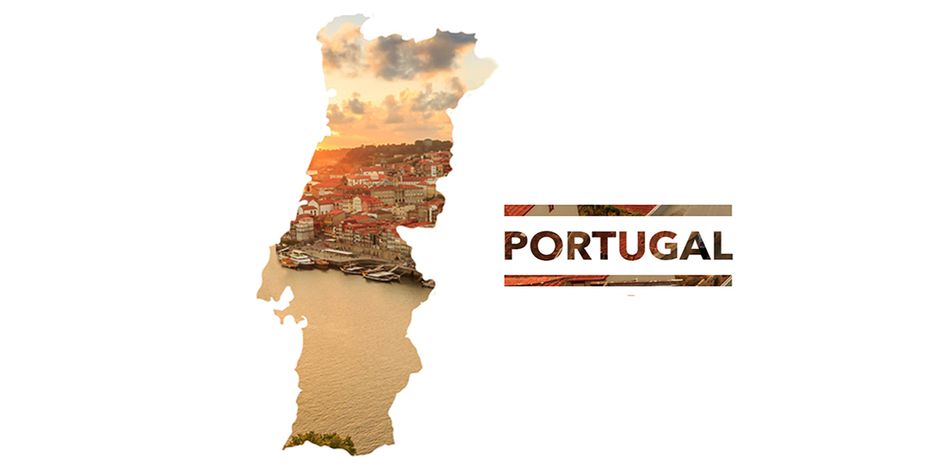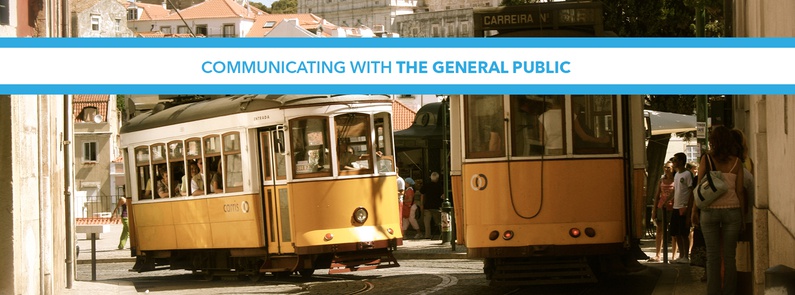
Social innovation in Portugal
Published on
Despite the severe crisis that the country is undergoing, the Portuguese social economy is benefiting from an unprecedented development.
In 2010, the social innovation sector included 50 000 organisations (associations, cooperatives, foundations and mutual funds) and represented 200 000 jobs. Five years later, some 70 000 organisations created more than 270 000 jobs.
It is striking to see that the Portuguese social innovation structures are constantly changing. They are characterised by many exchanges and collaborations and a large variety of actors (public institutions, associations, companies, foundations, patrons, educators etc).
The so called “classical” companies also play an important part. An increasing number (but still too few) of them seek to maximise their social impact while mobilising the involved stakeholders towards new DNAs. Respectful of Human rights and the environment and aiming to desirable futures, these new generation organisations could well be the key that could enable action and change the scale of field social innovations.
 In 2013, the Portuguese Parliament voted a Basic Law for Social Economy. Real acknowledgement for the social economy actors, this structural act therefore opens new horizons to a sector that had been long waiting change.
In 2013, the Portuguese Parliament voted a Basic Law for Social Economy. Real acknowledgement for the social economy actors, this structural act therefore opens new horizons to a sector that had been long waiting change.
Just like the “loi ESS” voted one year later in France, this new law enables to clarify different entities’ legal regimes, to consolidate their networks and their governances while giving them strong financial tools. A specific tax status is also assigned to them.
 Frederico Cruzeiro Costa leads the SEA (Social Entrepreneurship Agency). This multi-sectoral cooperative accompanies job seekers towards meaningful jobs all around Portugal. A precious resource for many changemakers, it is also a key player regarding territories’ activity.
Frederico Cruzeiro Costa leads the SEA (Social Entrepreneurship Agency). This multi-sectoral cooperative accompanies job seekers towards meaningful jobs all around Portugal. A precious resource for many changemakers, it is also a key player regarding territories’ activity.
The IES (Social Entrepreneurship Institute) is a non-profit association that identifies, supports and trains social entrepreneurs. It also organises awareness events addressed to the general public (conferences and seminars).
In partnership with the INSEAD, the IES provides a range of tools for social entrepreneurs using a hybrid approach from academic research and field realities. Moreover, IES has developed the national mapping of Social Innovation and entrepreneurship Initiatives in Portugal (MIES) in partnership with IAPMEI, Instituto Padre António Vieira (IPAV), Calouste Gulbenkian Foundation and the EDP Foundation.
It is important to note that Portugal is the only European country to have mapped its social innovation on its own. The MIES methodology relies on the competitiveness analysis of the identified innovative business model. The aim is to extract and spread success stories and best practices from it.
 The Business Council for Sustainable Development in Portugal groups the companies that want to join forces in the research and the maximisation of their social impact. An accompanying programme in the effective change management and monthly meetings enable companies to adopt a learn-by-doing process.
The Business Council for Sustainable Development in Portugal groups the companies that want to join forces in the research and the maximisation of their social impact. An accompanying programme in the effective change management and monthly meetings enable companies to adopt a learn-by-doing process.
World BCSD’s vision for the economy is that by 2050 a business should be measured by its ‘True Value’ and should use ‘True Costs’ and ‘True Profits’ in its internal and external reporting. Profit and loss, performance and value creation, have been redefined to consider longer-term environmental and social impacts. Most importantly, prices reflect all externalities – costs and benefits.
To achieve this vision, measuring, valuing and reporting corporate performance needs to adapt to reflect integrated performance management and to facilitate informed and sustainable decision making with the aim of looking beyond short-term financial gain to the broader set of dependencies such as natural and social capitals.
 After the Lisbon Social Stock Exchange‘s failed take off, a new Impact Investing venture was brought to life.
After the Lisbon Social Stock Exchange‘s failed take off, a new Impact Investing venture was brought to life.
The “Laboratório de Investimento Social” is a resource platform for social investment in Portugal. Its work consists of detecting the opportunities and connect social innovation actors and private/public investors focusing on actions such as the Social Impact Bond. The Social Impact Bond, also known as a Pay for Success Bond or a Social Benefit Bond, is a contract with the public sector in which a commitment is made to pay for improved social outcomes that result in public sector savings.
 Impulso Positivo is « one of the main platforms for information about social innovation in Portugal ». Its goal is to popularise sustainable development stakes while adding value to the most exemplary initiatives. This bi-monthly magazine promotes social innovation with a rich content of articles, news, case studies and reports.
Impulso Positivo is « one of the main platforms for information about social innovation in Portugal ». Its goal is to popularise sustainable development stakes while adding value to the most exemplary initiatives. This bi-monthly magazine promotes social innovation with a rich content of articles, news, case studies and reports.
Visions for Porto is founded by the question: ‘What collective vision can build for Porto?’
In this experimental project, people interviewing each other about the city. Every day, someone in Porto will meet another person in Porto in his/her favorite place, and ask him/her 3 questions about the city. The next day, that interviewee person will meet someone new and ask the same set of questions, and so forth. Want to take part in that adventure? Email Magalie at grow.oporto@gmail.com



